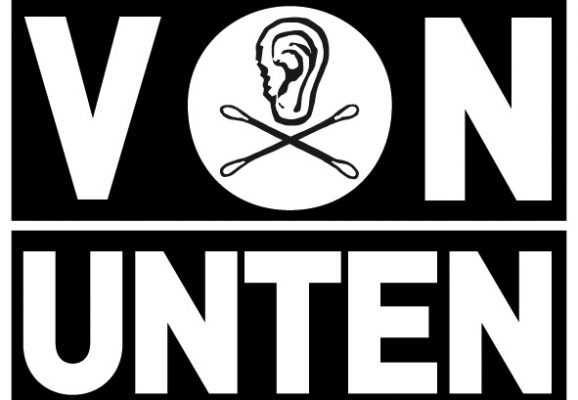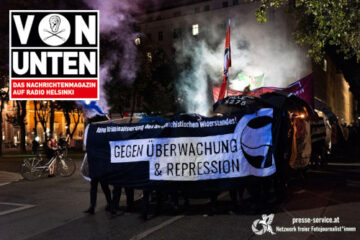Listen to an online discussion organized by Students for Future Hildesheim, where Ingrid Waldron (Dalhousie University) provided „a Framework for Understanding the Link Between Structural Inequities, Environmental Racism & Climate Inequities in Indigenous & Black Communities“.
Title: „Connecting the Dots: A Framework for Understanding the Link Between Structural Inequities, Environmental Racism & Climate Inequities in Indigenous & Black Communities“
Indigenous, Black, and other racialized and marginalized communities in the global north and south are disproportionately vulnerable to the climate crisis because they are more likely to be exposed to pollution and contamination from nearby industry and reside in places where they are also more likely to be impacted by rising sea levels, disappearing shorelines, frequent and heavy rainfall, raging storms and floods, intense heat waves, increasing wildfire, poor air quality, higher rates of climate-related diseases, and other effects of climate change that hit them first and worst.

















